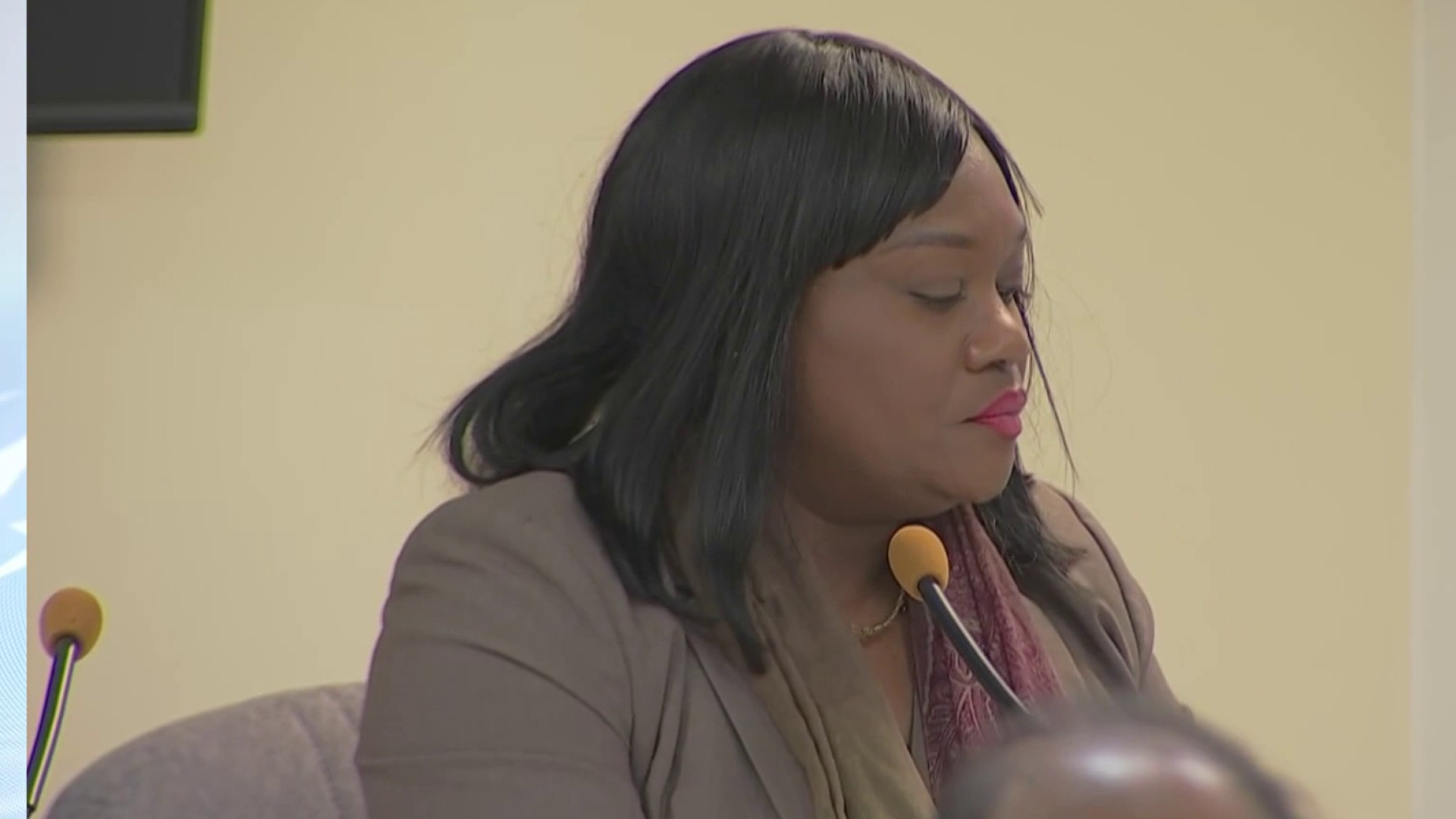The state House of Representatives cast lopsided votes of approval Tuesday for bills that would give Pennsylvania voters an opportunity to reduce the size of the Legislature.
Whether or not that is a good idea occupied more than two hours' debate leading up to the votes on separate bills that would propose reducing the House membership from 203 to 153 and shrink the Senate from 50 to 38 seats. Both were approved by a 2-to-1 margin.
Pennsylvania has the nation's largest full-time legislature, with 203 representatives and 50 senators, and is second to New Hampshire for the largest legislature.
House Speaker Sam Smith, R-Jefferson, who is sponsoring both of the proposed constitutional amendments, argued that reducing the size of the Legislature would enhance the prospect of compromise on disputed legislation and result in better lawmaking.
"We may not always agree, but I believe that we will do a better job if there's a smaller number of us because we will have a better understanding of what the other person's problems are or what their constituents' views are,'' Smith said.
Opponents contended that the proposals are more symbolic than substantive and that they would make it more difficult _ especially in the state's many rural areas _ for citizens to engage their elected representatives.
Local
Breaking news and the stories that matter to your neighborhood.
"This is in the category of a lot of noise and not very much significance,'' said Rep. Mark Cohen, D-Philadelphia.
Lawmakers said the proposed reduction in the number of House districts would mean that representatives on average would represent about 83,000 people, compared with the current 62,500.
The bills will next move to the Senate, which won't reconvene until 2014.
If both bills are approved by the Senate before the current session ends in late 2014, a second round of legislative approval would be required in the next two-year session. The earliest any such change could be put out to a statewide referendum would be in 2015.
And, even if a majority of voters support shrinking the Legislature, the changes would not take effect until the session that begins after the 2020 legislative reapportionment.



